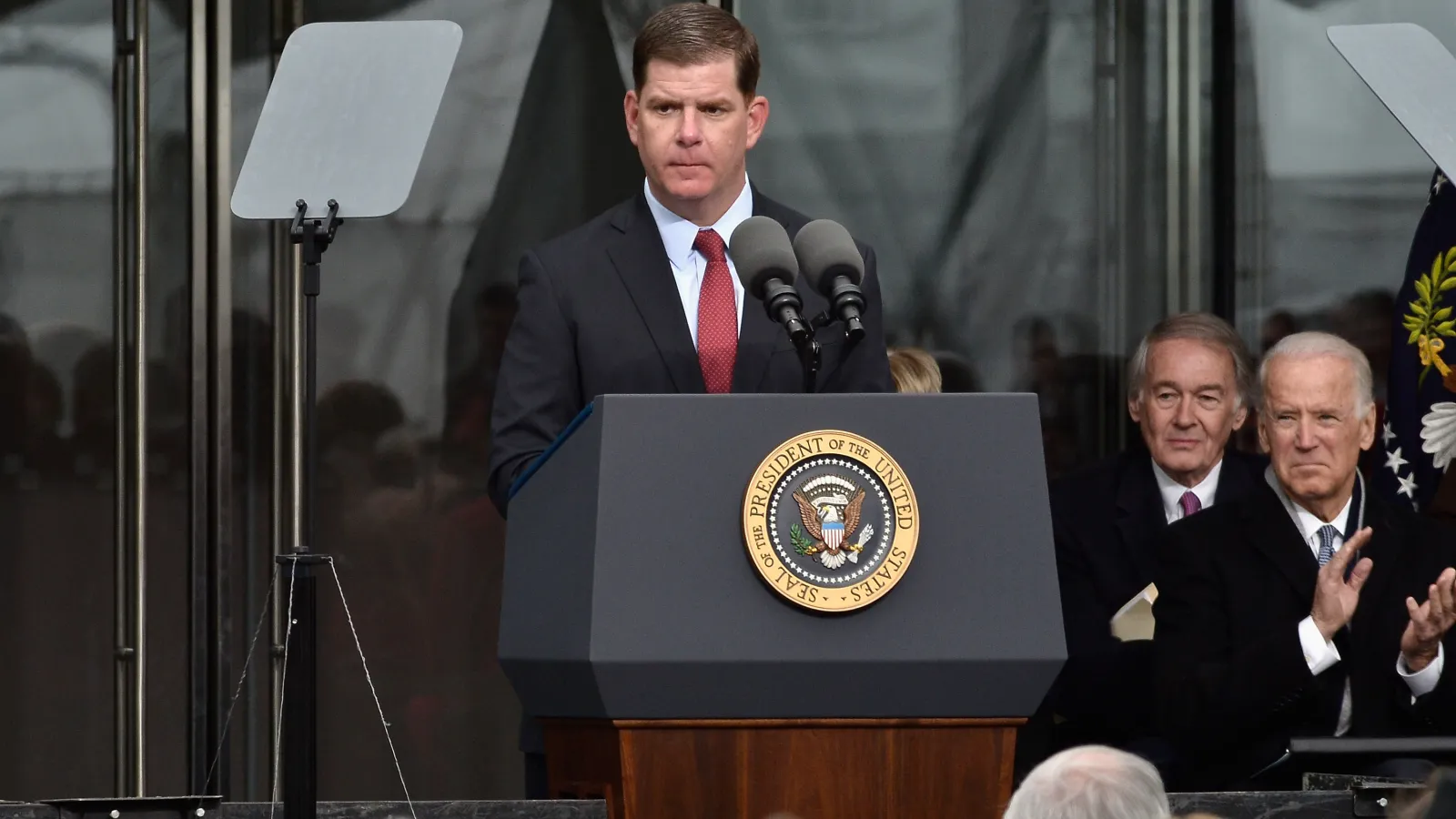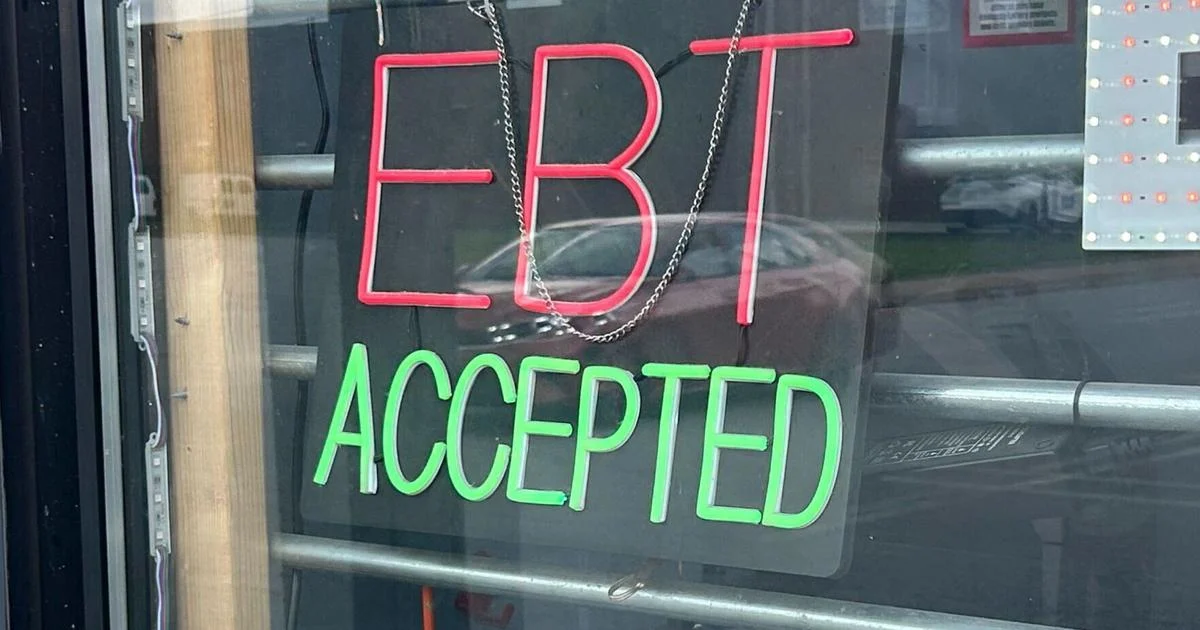Copyright bostonherald

March 30, 2015 was one of those spring days that Bostonians are used to, with cold temperatures and a little sun and a brisk wind coming off Dorchester Bay. As President Barack Obama, Vice President Joe Biden, Sen. John McCain and others, myself included, gathered for the dedication of the new Edward M. Kennedy Institute for the United States Senate, I couldn’t help but think how fitting it was that we were a short walk down Mt. Vernon Street from the Geiger Gibson Point Health Center. Geiger Gibson, formerly known as Columbia Point Health Center, was the first community health center in the country. In 1966, first-term United States Sen. Ted Kennedy visited the center, and was so inspired by the care being provided to low-income neighborhood residents that he went back to Washington and authored legislation setting aside $51 million to build 30 more community centers around the country based on the Columbia Point model. It was the first victory of the senator’s career-long campaign to make healthcare a right for all Americans. There would be many successes to follow. But the Kennedy Institute, which celebrates its 10th anniversary tonight, is not just about the accomplishments of one of the most significant legislators of the modern era. At the time of its opening, the senator’s widow, Ambassador Victoria Reggie Kennedy, said that when her husband envisioned the institute, he wanted its mission to reflect the obligations of a US senator, namely, “to think about something bigger than yourself.” For the past decade, the Kennedy Institute, located on Columbia Point next to the John F. Kennedy Presidential Library and Museum, has fulfilled its mission to educate the public about the workings of democracy. It has also evolved into a national leader in fostering bipartisanship in politics. It is an ideal we need to work at fervently today, because at no other time in our nation’s history, except perhaps when President Lincoln fought a war to end slavery and preserve the union, has partisan divide so threatened our great nation. Sen. Kennedy, like his friend Sen. McCain, knew the value of civil discourse with the opposition party. “We can fight on principle, and we will,” Kennedy once said. “But we must never forget that we are all Americans — and that our common purpose is to make this a better nation.” He knew of that which he spoke. A list of legislation that Sen. Kennedy shepherded by building bipartisan support serves as a roadmap for the major social policy improvements of the late 20th and early 21st centuries. Extensions of the Voting Rights Act in 1982 and 2006 were achieved through cooperation with Presidents Ronald Reagan and George W. Bush, respectively. Immigration reform bills from 1986 and 1990 were passed in partnership with Wyoming Republican Alan Simpson. Sen. Kennedy worked with President George H. W. Bush and Sen. Orrin Hatch, the Utah Republican, to build support for the Americans with Disabilities Act of 1990. The 1993 modernization of the National Institutes of Health benefited from Kansas Republican Sen. Nancy Kassebaum’s assistance. And for the Children’s Health Insurance Program of 1997, one of Sen. Kennedy’s signature causes, he again partnered with Hatch to establish health coverage for millions of children from low-income households. And of course, there was his great friendship with McCain, who, at the institute’s dedication, recounted Kennedy embracing him as they walked out of the Senate one day after arguing about a parliamentary issue. We have lost that collegiality today. We have technology that aims to think for us, yet our elected officials often seem unable to simply talk to the other party. Have they forgotten something else Sen. Kennedy said? “Compromise does not mean cowardice. It means putting the people’s business ahead of partisanship.” Every elected official can benefit from insight and input from the political opposition. Neither party has cornered the market on good ideas. When I, a lifelong Democrat, served as Boston’s mayor, I grew very close to Republican Governor Charlie Baker. The media called it our “bromance.” More accurately, it was a respect for each other and a shared mission to put the needs of our constituents first. We welcomed each other’s counsel and friendship and worked together on many issues, not the least of which was guiding his state and my city through the pandemic. We would not have been as effective were we working apart from each other. The Kennedy Institute is putting the bipartisan ideal into action. Earlier this month, it hosted former Vice President Mike Pence and podcaster Meghan McCain (Sen. McCain’s daughter) for a talk about the need for civil discourse in a strong democracy. This spring at the institute, Pennsylvania Senators John Fetterman, a Democrat, and David McCormack, a Republican, discussed a host of major policy issues and found common ground on many of them. At its anniversary celebration tonight, the Kennedy Institute will honor former President Biden, whom I had the honor of serving as Labor secretary, with its Lifetime Achievement Award. During his long career on Capitol Hill, Sen. Biden twice chaired the Foreign Relations Committee. His colleague on the committee, Sen. Richard Lugar, Republican of Indiana, once said that “foreign policy is most effective when it is done in a bipartisan manner, and in Joe I found an able partner willing to work across the aisle to achieve important victories on behalf of the country and the American people.” That is the spirit the Kennedy Institute will honor tonight, the ideal that guided its namesake’s work, and the worthy example that all who go to Washington to do the people’s business should strive to emulate. Martin J. Walsh, a Dorchester native, served as mayor of Boston from 2014-21 and US Secretary of Labor from 2021-23. He is currently the executive director of the National Hockey League Players’ Association.



